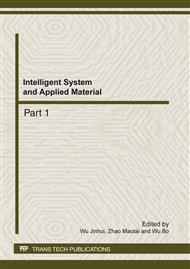p.744
p.749
p.754
p.759
p.763
p.768
p.773
p.778
p.784
Towards an Accurate Control of Circulating Fluidized Bed Combustor
Abstract:
Circulating fluidized bed combustion is a widely used technology because of its ability to burn a wide variety of fuels efficiently and in an environmentally acceptable manner. To guarantee optimal combustion performances, combustion stability is essential. This paper proposes a comparative approach to define a suitable control strategy for an accurate control of fuel combustion. Several control laws are therefore defined and applied on a dynamic nonlinear model, based on a pilot plant and representative of the main combustion phenomena: a conventional PID, a linear optimal control, a robust H∞ approach and a nonlinear control.
Info:
Periodical:
Pages:
763-767
Citation:
Online since:
February 2012
Authors:
Price:
Сopyright:
© 2012 Trans Tech Publications Ltd. All Rights Reserved
Share:
Citation:


